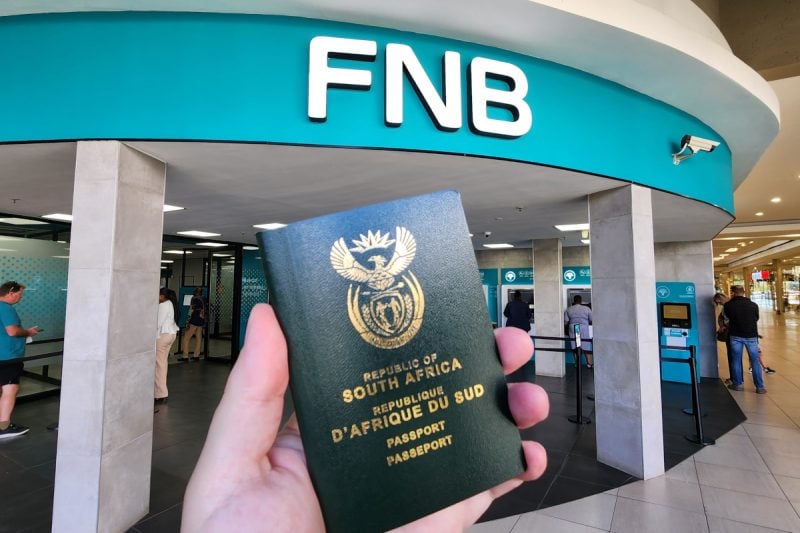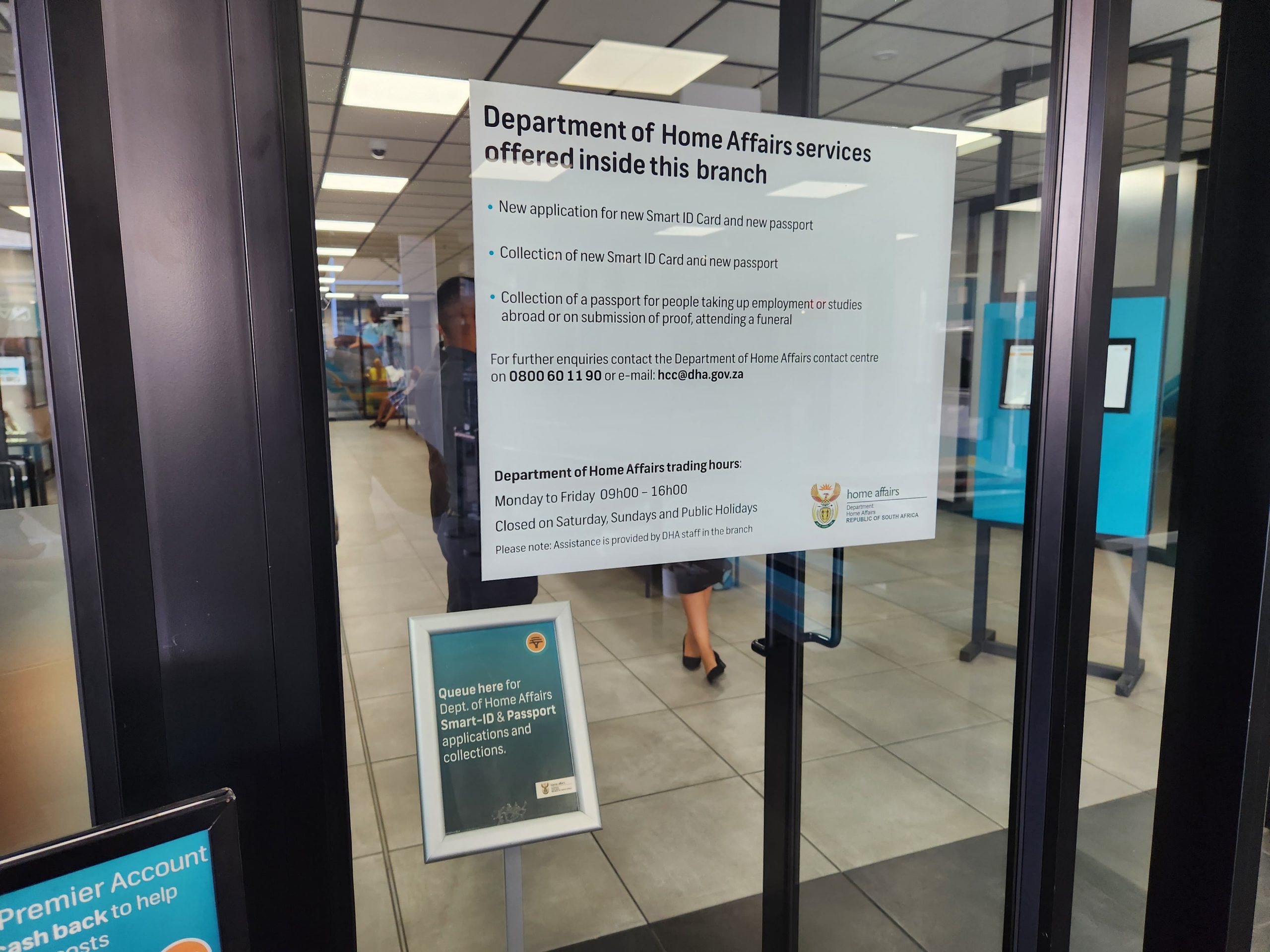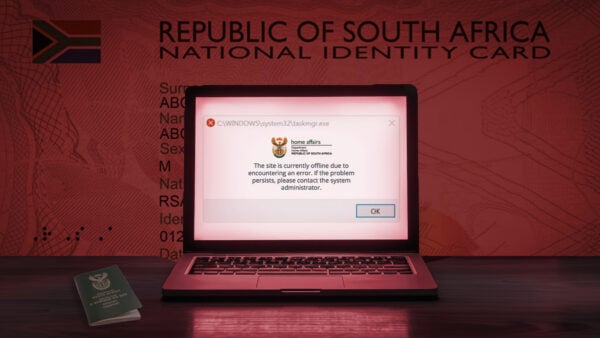The problem with getting smart ID cards and passports at banks

The quality of Home Affairs’ bank-based smart ID card and passport renewal service appears to be deteriorating rapidly in recent months due to a shortage of booking slots.
The growing negative perception of the service comes as the Department of Home Affairs (DHA) has failed to meaningfully grow its availability in nearly a decade since its launch.
The number of branches supporting the eHomeAffairs service expanded slowly from 2016 but has stagnated at around 30 for roughly the last three years.
Over half of these branches are located in Gauteng, which is home to just a quarter of the country’s population.
At the same time, public awareness of the service has increased, as many early users reported a positive and quick application process.
However, to make the service more effective than going for a smart ID card or passport at its regular offices, Home Affairs limits the number of people who can apply for their documents every day.
Multiple MyBroadband readers have recently complained that they are struggling to get slots up to a month in advance at several branches.
Several banks have also said that many of their branches have been inundated with bookings and that the limited capacity has soured some customers’ perceptions of the banks.
Many users are under the mistaken impression that the banks run the service. Currently, their role is largely limited to processing payments and providing the physical space for DHA equipment and staff.
The DHA manages the eHomeAffairs applications platform, manages booking slots, performs biometric authentication and photo capturing, and gives people their documents when it comes time for collection.
One 76-year-old reader recently complained that he had to queue for nearly two hours in the sun on the sidewalk during his passport application appointment at one bank’s Pretoria branch.
“I’ve been to the branch twice in the past month for a new passport, as it was the only branch where we could get an appointment in less than a month,” he told MyBroadband.
When he came to collect the passport after standing in the street for two more hours, he said a bank staff member told him to get out after he sat on a chair to rest.
This experience has convinced him to switch from his current bank, where he holds seven accounts and has been a client since the 1980s.
“I’m a private banking client, but some woman who is a clerk at the bank decides an old man cannot sit on a chair in her branch’s reception area,” he complained.
Banks want to expand service — if they can benefit from it

In its current format, the banks take on a lot of reputational risk without much benefit to their own bottom lines.
Those participating in the eHomeAffairs programme — which technically still a pilot — have practically begged the department to be given greater control over the service and expand it to more branches.
The Banking Association of South Africa (Basa) was roped in after many years in which individual banks failed to negotiate individual public-private partnerships (PPAs) to expand the service.
Earlier this year, Basa confirmed that the main PPA was completed and that legal teams were finalising its annexures.
Home Affairs recently also shared a more detailed roadmap to expand the eHomeAffairs service.
In its latest annual performance plan, the department said it was aiming to increase the service to 100 branches by the end of March 2026 and 1,000 two years later.
The DHA said the first half of the current financial year will be spent completing system development and integration while finalising a live capture rollout plan.
The department is aiming to have 40 of the 100 branches live by the end of 2025 and another 60 done in the first quarter of 2026.
It should be noted that the department has struggled to expand its live capture system to all its own branches for more than a decade.
Crucially, however, the banks will play a major role in this expansion.
“Banks will invest in connectivity links, endpoint devices, peripherals — including facial recognition biometric cameras —and deploy dedicated staff to facilitate DHA service delivery,” the department’s annual performance plan said.
The expansion could not come at a more opportune time, but growing discontent over the current service’s capacity constraints could cast a shadow over the rollout.
Another pertinent issue that needs clarification is the smart ID card’s lack of support for permanent residents.
Over 12 years since its introduction, permanent residents are still unable to apply for the document.
The Home Affairs department has remained tight-lipped about why these people, many of whom have called South Africa home for decades, are being excluded from smart ID cards.
At the same time that support remains lacking, the number of Home Affairs branches supporting green ID books continues to shrink.
































